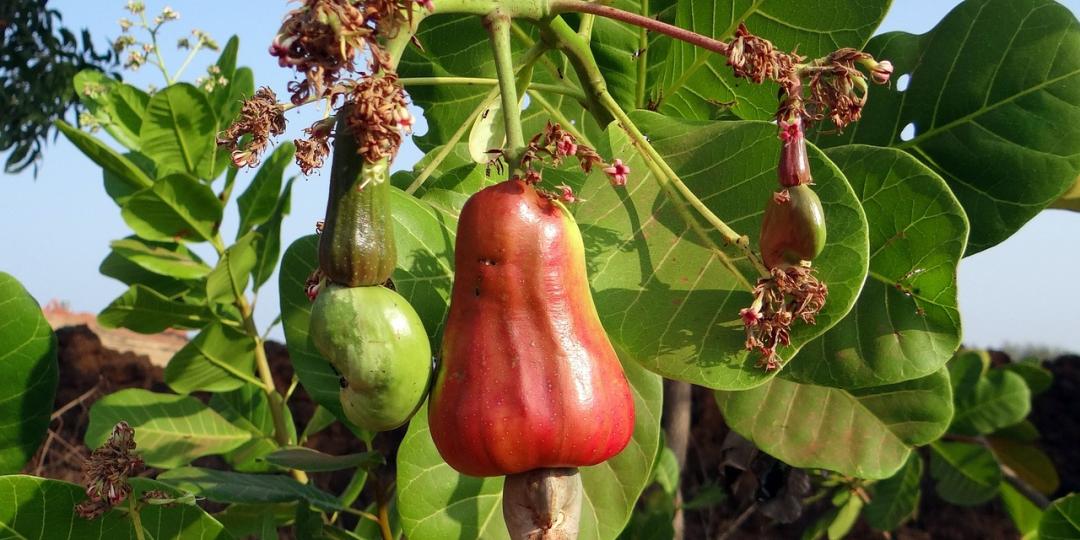African countries have been urged to boost intra-African trade in cashew nuts and their by-products to tap into the enormous continental market of almost 1.4 billion people.
The call was made by Tanzania’s vice-president, Dr Philip Mpango, who said the countries should take advantage of the African Continental Free Trade Area in his address to launch the Tanzania International Cashew Conference in Dar es Salaam in Tanzania this week. The conference was introduced by the African Cashew Alliance, the Tanzania Ministry of Agriculture and the Cashewnut Board of Tanzania.
“It is imperative for African countries to work on reducing cashew consumer prices to promote regional marketing of the crop and its related products,” said Dr Mpango.
The conference brought together farmers, processors, cooperatives, traders, regulators, consumers, financial institutions, development partners, policymakers and stakeholders in the African value chain.
Africa has a huge potential market so let’s maximise this potential,” he said. “Let’s buy and consume cashew nuts produced on our continent. But for this to happen, consumer prices must be affordable,” he added.
This will mean African countries must put an end to malpractices in the industry such as unfair grading of cashews and the supply of counterfeit pesticides.
He urged international investors to have faith in Tanzania’s cashew industry, saying the country had a comparative advantage with its vast arable land and favourable weather conditions.
“Tanzania’s cashew harvest period (September to December) is the off-season for other main producers such as India, Vietnam and West Africa. Additionally, Tanzania’s climate and soil support the growing of the large cashew nut type.
"Production of raw cashews is projected to increase from an annual average of 220 000 tonnes over the last ten years to 1 000 000 tonnes per annum by 2030, with intermediate targets of 400 000 tonnes in 2023/24 and 700 000 tonnes by 2026/27," he added.
He said the country also aimed to process 60% of raw cashew in order to add value and broaden its market, as well as promote local consumption of cashew nuts and its by-products such as jam, juice, cashew milk, wine, ethanol and oil.
Although several strides have been made, cashew-growing countries, including Tanzania, still face some challenges such as about 90% of produced cashew nuts being exported in raw form, thus fetching low prices.
Domestic demand for cashews is low in Tanzania and the rest of Africa despite booming production.
The continent's output in 2022 represents 58% of the global cashew harvest, from 37% in 2008, according to the Africa Cashew Alliance.
Côte d'Ivoire is by far Africa's biggest cashew harvester. According to figures released by commodities markets analysts N'kalô, the West African nation produced 1.123 million tonnes of cashew in 2021, a phenomenal 18% leap from 2020. In 2022, Côte d'Ivoire again breached the 1 million tonne mark. In 2019, Côte d'Ivoire was the world's third-largest producer (with 731 000 tonnes), after Vietnam (2.6 million tonnes) and India (786 000 tonnes).
Tanzania, Mozambique and Kenya are key regional players in East Africa.













